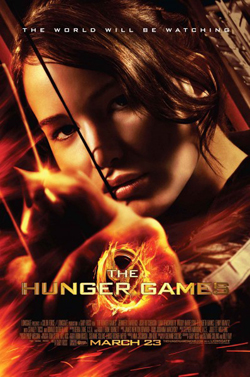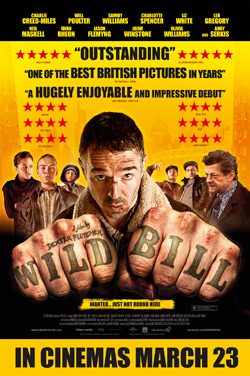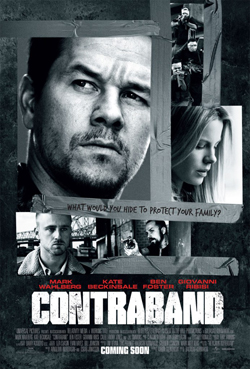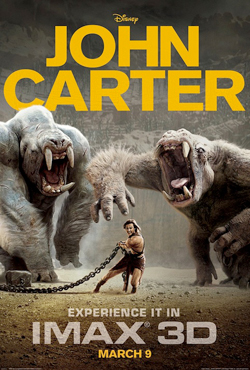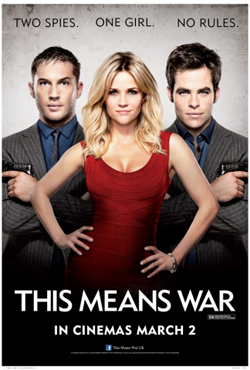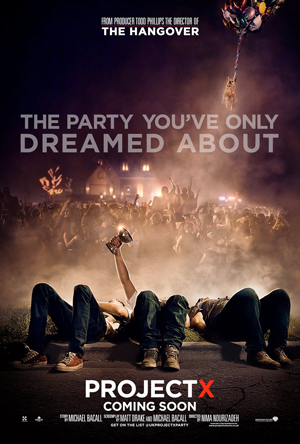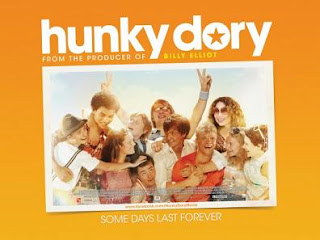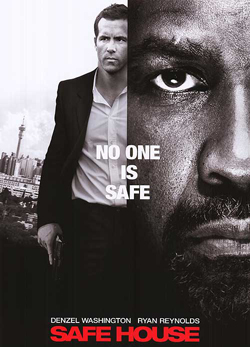The Pirates! In an Adventure with Scientists! ***
 There is an unquestionable deep respect for our British creative institution Aardman Animations, and eager anticipation for their next project. Don’t be put off by the fact that its geniuses have teamed up with Sony and added 3D – The Pirates! In An Adventure With Scientists! is a quintessentially Aardman affair, bursting with fine detail that you can’t possibly take in, in one viewing. In fact, it could be argued that this detracts from the plot, which has its lagging moments, if being totally honest – Aardman magic aside.
There is an unquestionable deep respect for our British creative institution Aardman Animations, and eager anticipation for their next project. Don’t be put off by the fact that its geniuses have teamed up with Sony and added 3D – The Pirates! In An Adventure With Scientists! is a quintessentially Aardman affair, bursting with fine detail that you can’t possibly take in, in one viewing. In fact, it could be argued that this detracts from the plot, which has its lagging moments, if being totally honest – Aardman magic aside.
Pirate Captain (voiced with expert comic timing by Hugh Grant) is tired of not having any booty and being the butt of other captains’ jokes. Revered by his faithful crew, he sets out to win the coveted Pirate of the year Award – defeating flash rivals Black Bellamy (Jeremy Piven, voiced) and Cutlass Liz (Salma Hayek, voiced) in the process. However, a brush with a sea-faring Charles Darwin (David Tennant, voiced) and a scientific discovery of an ornithological kind sets Pirate Captain and his band of merry misfits on a different path to raise the bounty, a quest that takes him to Victorian London and into the territory of pirate-loathing Queen Victoria (Imelda Staunton, voiced).
Co-directors, Aardman guru Peter Lord and Chicken Run’s Jeff Newitt can be rightly satisfied in knowing that their swashbuckling creation is still a huge fan pleaser and as ‘tactile-looking’ as the trademark plasticine characters, Wallace and Gromit. The new 3D technology is actually only a small factor in the overall production value, adding depth of field rather than an immersive experience; each set and character has been painstakingly crafted in the traditional fashion. In fact, as with anything 3D at the moment, it could be argued that the film would be as enjoyable in 2D. The 3D merely feels like an Aardman experimentation that thankfully pays off. There is no Pirate Captain double vision.
Once known, all the stars who lend their voices are gleefully and instantly recognisable, such as the hearty vocals of Brian Blessed as Pirate King, Martin Freeman recreating his weary Tim Canterbury tones from The Office as Pirate Captain’s right-hand man, Pirate with Scarf, and a shrill Staunton going slowly barmy as Queen Vic, like her many comedy roles of past. What isn’t fully expected is exactly where the plot will go, and there is a bizarre and quite disturbing reveal for younger viewers concerning Queenie and her visiting dignitaries that is positively inhumane. However, with hindsight, it’s not too far from the fate of other animals in the Aardman feature-film collection, and this film is based on the first two books in the Pirates! series by author – and screenwriter – Gideon Defoe.
The Pirates! has so much loving attention invested in it, and there is a lot of naughty fun to be had. The downside is too much of a good thing – and too much information in a scene – can overload the whole experience, resulting in restless young kiddies at times. Still, visually, it’s an awesome Aardman romp of plundering proportions.
3/5 stars
By @FilmGazer

